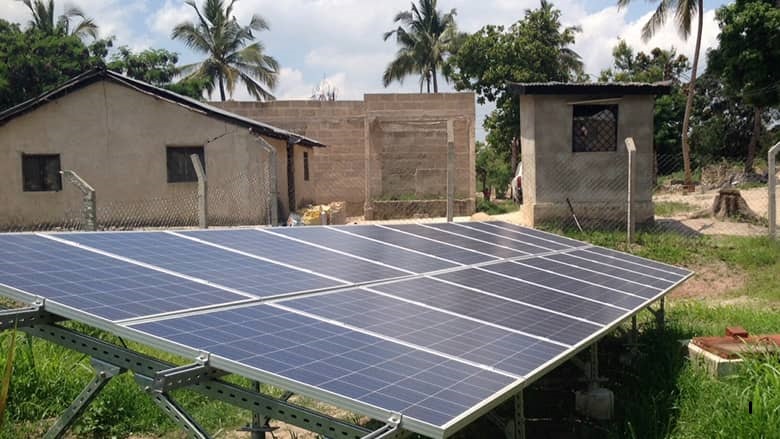
United for a Better Tomorrow: How Cross-Sector Partnerships Are Fueling Local Empowerment and Environmental Stewardship
In today’s interconnected world, the most pressing challenges—climate change, social inequality, economic disparity—cannot be tackled in silos. Solving these complex issues requires a united approach, one where governments, private businesses, nonprofits, and local communities come together with shared vision and purpose. Enter cross-sector partnerships: powerful alliances that combine resources, expertise, and influence to create sustainable, inclusive change.
These partnerships are not just buzzwords in corporate social responsibility reports—they are the backbone of grassroots empowerment and environmental stewardship around the globe. By working together, diverse stakeholders are crafting a better, more resilient tomorrow for both people and the planet.
The Power of Cross-Sector Collaboration
At its core, a cross-sector partnership brings together actors from different sectors—public, private, and civil society—to co-create solutions that are greater than the sum of their parts. Each sector brings unique strengths to the table:
-
Governments offer policy support, regulation, and funding.
-
Businesses provide innovation, investment, and scalability.
-
Nonprofits and NGOs contribute on-the-ground knowledge, trust, and community engagement.
-
Local communities bring cultural insight, ownership, and commitment to sustainability.
By pooling their capabilities, these alliances can unlock new ways to address environmental degradation, economic marginalization, and social injustice.
Empowering Communities Through Partnership
Cross-sector partnerships are particularly effective at driving local empowerment, ensuring that communities are not passive recipients of aid but active leaders in shaping their futures. Consider these examples:
🌍 Kenya: Community Forest Management
In Kenya, community forest associations are working alongside government agencies and conservation organizations to manage forest ecosystems. These partnerships give local communities legal authority to steward forests, offering training, resources, and economic incentives (such as eco-tourism and sustainable harvesting). As a result, both biodiversity and community livelihoods are thriving.
🏘️ Detroit, USA: Urban Agriculture and Job Creation
In Detroit, a coalition of local nonprofits, businesses, and city agencies is transforming vacant lots into urban farms. These green spaces provide fresh food in underserved areas and offer jobs, training, and entrepreneurship opportunities for residents. By investing in community-led initiatives, the city is nurturing food security and environmental awareness from the ground up.
🌱 India: Women-Led Climate Resilience Projects
Across rural India, women’s self-help groups are partnering with development agencies and local governments to implement sustainable farming, water management, and clean energy initiatives. These projects empower women with leadership roles, financial independence, and the tools to adapt to a changing climate—turning them into powerful agents of transformation.
Environmental Stewardship at the Heart
Partnerships are also crucial for advancing environmental stewardship—the responsible use and protection of the natural environment through conservation and sustainable practices. By aligning economic development with ecological integrity, cross-sector efforts are helping to:
-
Restore degraded landscapes
-
Promote renewable energy
-
Reduce waste and pollution
-
Conserve biodiversity
-
Foster climate resilience
These outcomes are not achieved through top-down mandates, but through collaboration, education, and shared accountability.
Case in Point: The Great Green Wall Initiative
This African-led movement aims to plant a mosaic of green landscapes across the Sahel region, combating desertification and improving livelihoods. Governments, NGOs, farmers, and international agencies are working hand in hand to restore 100 million hectares of land. The effort is already bringing back vegetation, increasing food security, and providing jobs—proving that environmental goals can align with economic and social priorities.
Key Ingredients for Successful Partnerships
Building effective cross-sector partnerships isn’t always easy—it requires intentional design, mutual respect, and long-term commitment. Here are some critical ingredients:
-
Shared Vision and Goals – Alignment on purpose ensures that all partners are working toward the same impact.
-
Trust and Transparency – Open communication and accountability build strong relationships.
-
Community-Led Solutions – Local voices must be at the center of planning and implementation.
-
Clear Roles and Responsibilities – Defining who does what avoids duplication and conflict.
-
Flexible Funding Models – Diverse, sustainable financing ensures projects can scale and adapt.
-
Monitoring and Learning – Ongoing evaluation allows partners to course-correct and improve.
Looking Ahead: A Call to Action
To build a better tomorrow, we need more than good intentions—we need strategic, inclusive partnerships that bridge sectors, cultures, and continents. Whether you're a policymaker, entrepreneur, nonprofit leader, or concerned citizen, there’s a role for you to play.
-
Governments should create enabling environments for partnerships to thrive, with supportive policies and incentives.
-
Businesses should embed sustainability and equity into their core operations, not just their CSR programs.
-
Civil society should continue to amplify community voices and push for inclusive development.
-
Individuals can support and advocate for local initiatives, volunteer, or contribute expertise and resources.
Together, we are stronger. Together, we can empower communities and protect the planet. Together, we can shape a future where prosperity and sustainability go hand in hand.
Interested in starting a cross-sector partnership in your community or industry? Let’s connect and explore how we can make a meaningful difference—united for a better tomorrow.

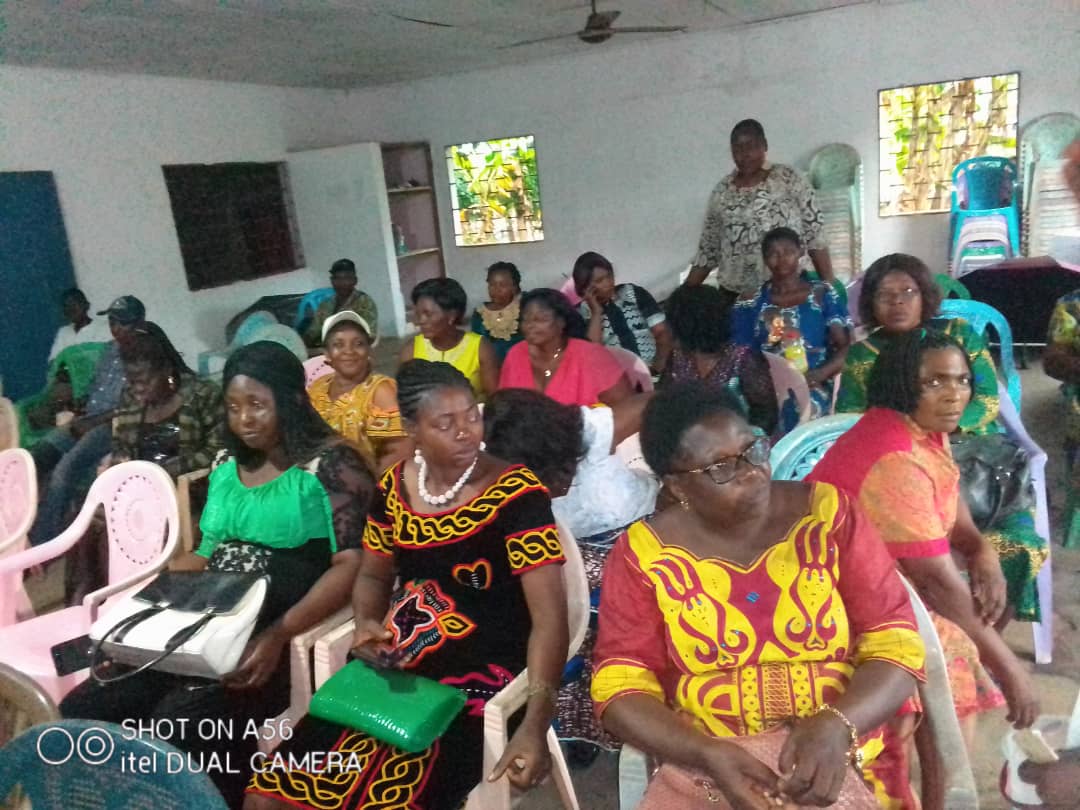
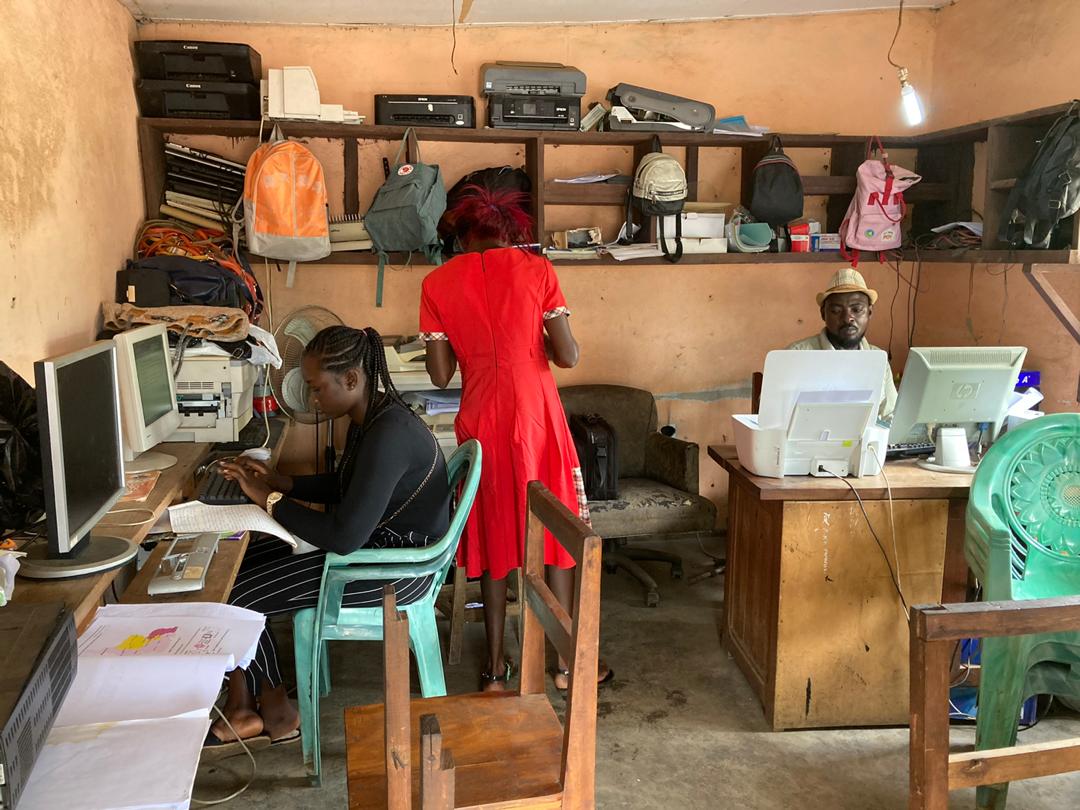
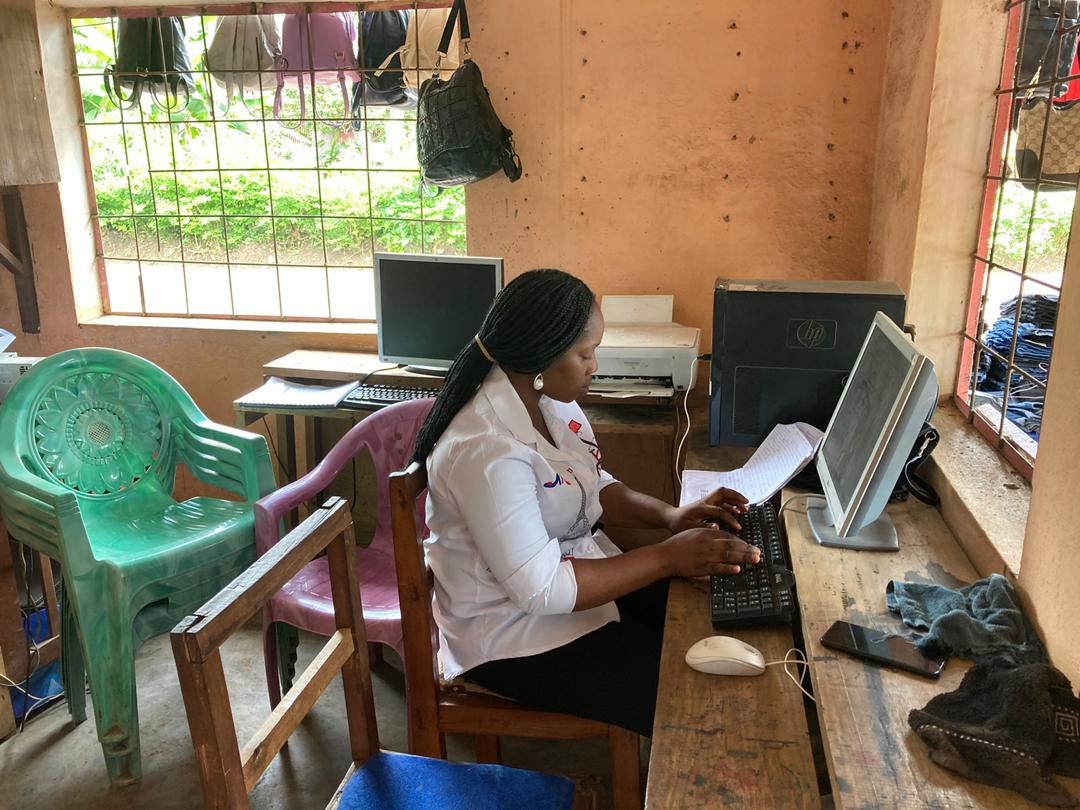


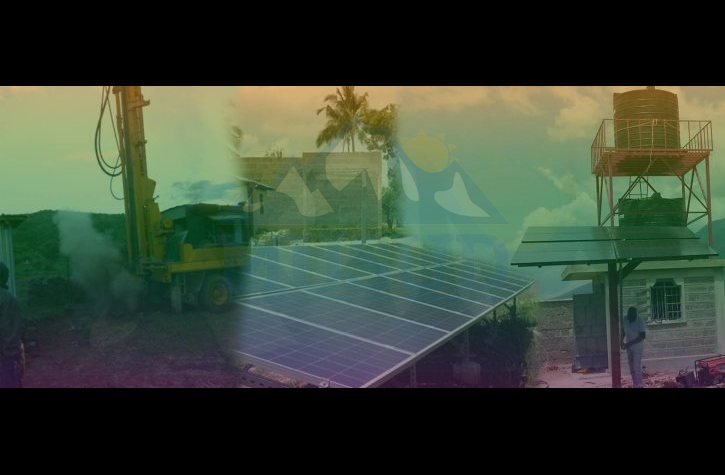
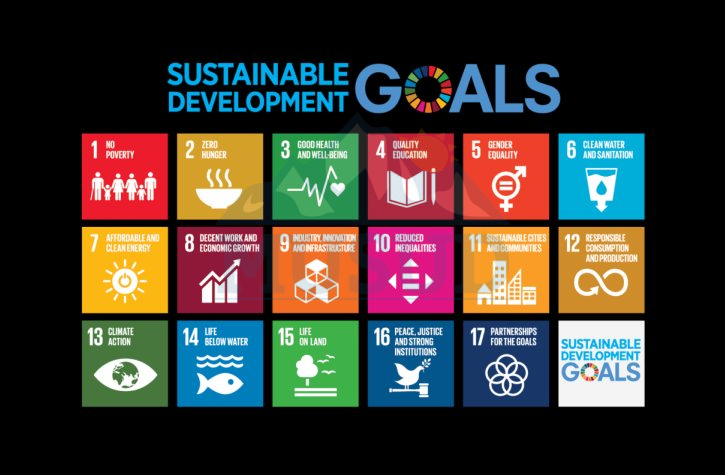
Comments on Post